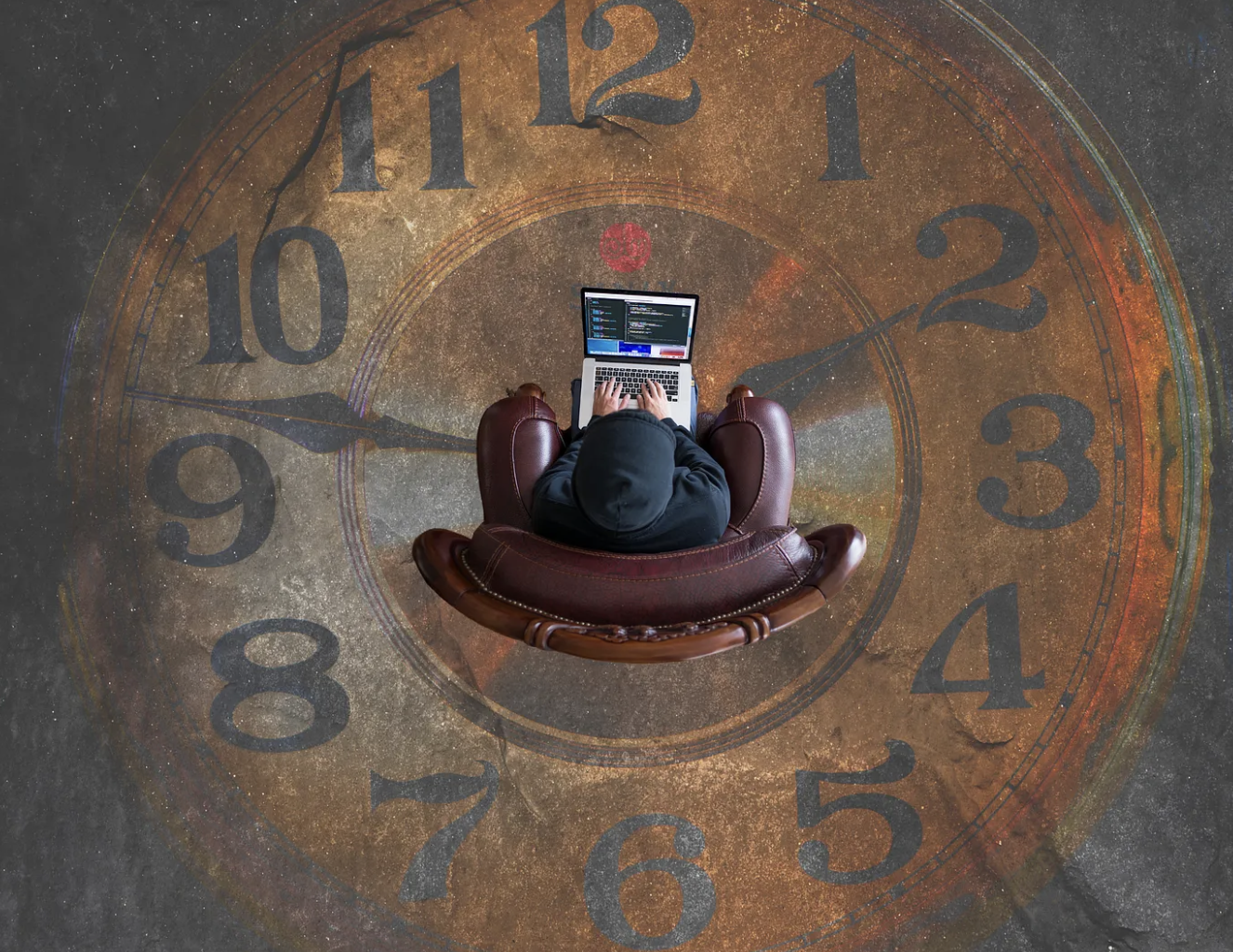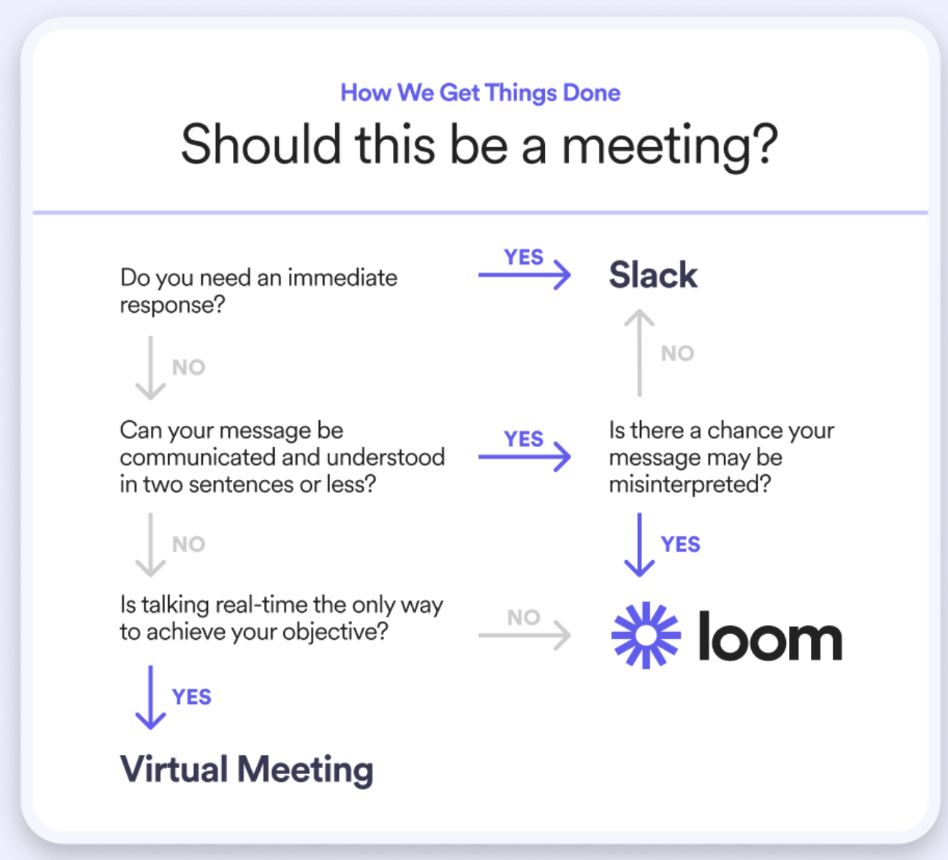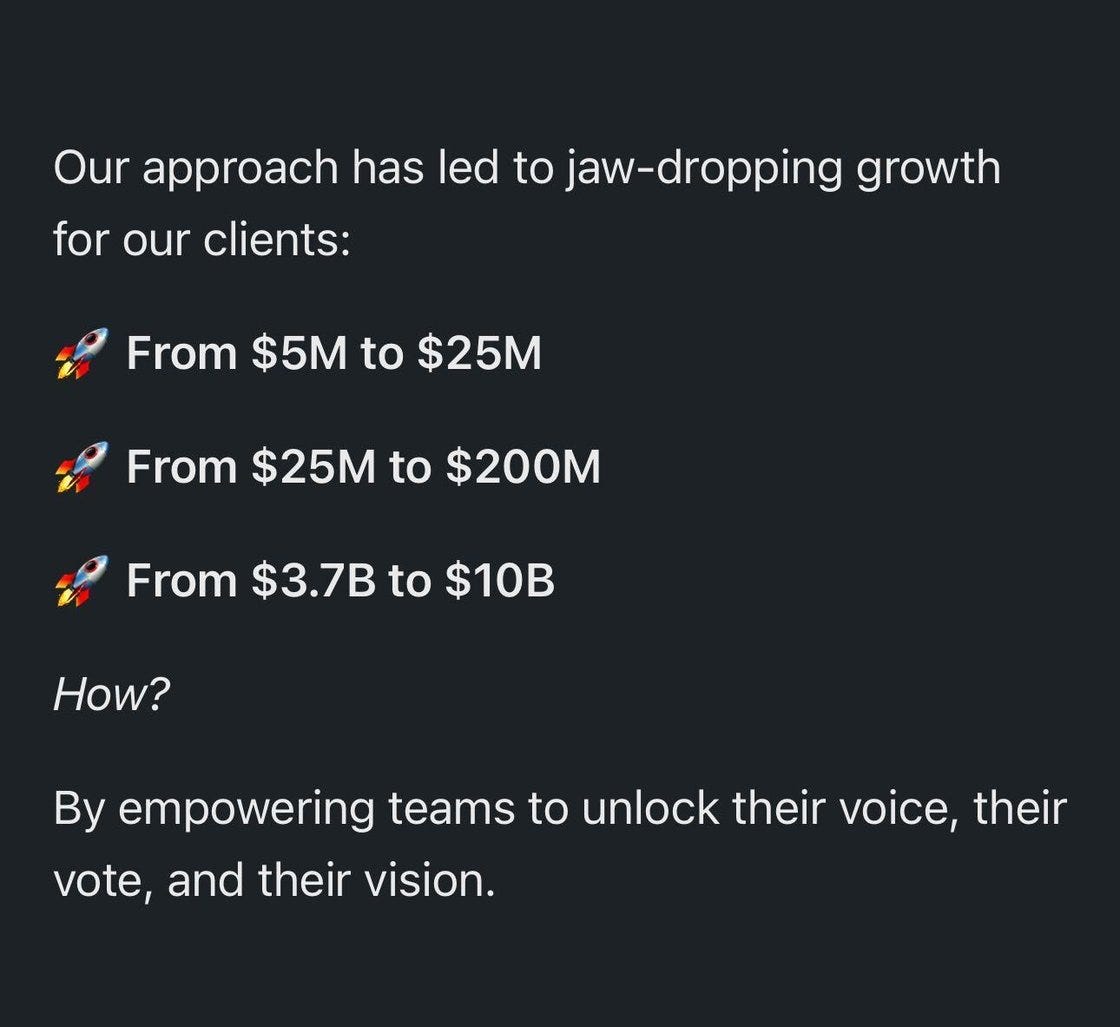
Got a sec? Yeah, we all say that. But get this: Harvard Business Review spills the beans — meetings are burning a $21 billion hole every week.
In this crazy, uncharted, and uncertain world, the one thing we can control is our focus and attention and how we spend (or invest) our time, right?
And how do we spend it? Like an unlimited free app.
Doesn’t matter if you’re quoting the classics:
- Time is money
- Time is of the essence
- Time heals all wounds
- Time waits for no one
We’re all in the same boat, watching time do the slip ‘n slide.
And here’s the kicker: while we’re doom-scrolling or binge-watching the latest series, our workday is drowning in meetings:
- Microsoft’s telling us we’re clocking in 252% more meetings post-pandemic. I am “back-to-back” in meetings, which is the new badge of honor — said no one ever.
- According to Atlassian on average, we have 61 monthly meetings cluttering our calendars. It’s no surprise more than half of us are left muttering under our breath, “That was a waste of time!”
- Harvard doesn’t pull punches, either. Thanks to this meeting madness,65% of senior managers admit they’re drowning under their workloads. A staggering 71% blast these gatherings as “unproductive and inefficient.”
So, what’s fueling this marathon of meetings?
Fear, habit, and a lack of discipline. We want to control the outcome, so we cling to this outdated playbook, convinced that without these structured chats, we’ll veer off course.
So instead of finding a new way, we go straight back into the Doom Loop of scheduling meetings: having meetings about meetings, multitasking in meetings which means we miss things, so we have to schedule more meetings, and on and on.
Hybrid and remote work has only exacerbated this phenomenon. This Doom Loop is the never ending cycle of bad decisions that is sucking not only our time, but our life force as we aim to have our FOMO satiated and falsely believe more time will magically appear in the day.
So, let’s stop fighting reality and time.
We are finite beings living in an infinite universe.
This isn’t merely a fight against the clock. It’s an energy crisis.
“The Power of Full Engagement” (one of my all-time favorite books) by Jim Loehr and Tony Schwartz suggests a seismic shift from managing time to managing energy. We’re not just losing time; we’re depleting the energy that powers innovation, deep thought, and true engagement in our work.
Maybe it’s time to transform our approach to meetings so that they energize, not exhaust.
The first step is to be intentional about where to focus your attention. A great hack is the Hour of Power, a weekly exercise I’ve done every Sunday for the past 23 years.
We also implemented “No Meetings Wednesdays”, “Better You” time (time on Fridays from 3–5 p.m. to fill back up your cup before the weekend hits), and ending meetings 10 minutes early to give the team time to reset before the next one.
Breaking free from the Doom Loop requires us to break free from the cycle of fruitless meetings, and we can do that by reorienting our entire approach to work around energy management principles. Every decision to decline a needless meeting not only saves time, but is an act of energy preservation, ensuring we can live, work, and lead with full engagement.
To meet or not to meet, that is the first question.
Loom has a great framework for this:

Office workers waste an average of one hour and 42 minutes per week simply scheduling and rescheduling calls — costing businesses in the U.S. $1.85 billion dollars weekly. Use a scheduling tool, like Calendly or Loom to take this time suck off your team’s plates.
Loom falls short because it doesn’t close the loop. It’s still adding noise to the system without acknowledgement that the leader heard the feedback from the employees. Having a digital podium is great but having a virtual water cooler where the real conversations happen is even better.
Actions create habits, and habits create results.
Enter the SHIFT Culture Flywheel

Co-creation is our jam. It’s the idea that not all good ideas come from the top or the bottom of the organization but can be found anywhere. It’s a harmony of humility and teamwork, recognizing wisdom scattered across the board. We’re here for the collective genius, cherishing every bit of diverse thought.
Redefining leadership means ditching the hierarchy for a “co-creating coordinated movement.” It’s about blending different strokes to paint the big picture together.
It’s going to require kicking power balances to the curb and creating cultures where ideas flow freely, while acknowledging that the whole is much more than the sum of the parts.
The SHIFT Culture Flywheel is the unlock that has created jaw-dropping growth and transformation for our clients. It’s a simple methodology that closes the gap between leaders and employees, generating a flywheel effect where small wins accumulate rapidly creating unstoppable momentum.

It’s basic; you ask questions, listen deeply, and do something about it. That last step is critical and often missed: the idea of closing the loop.
💥This year alone, we’ve axed 4,200+ hours of meeting time for our clients in just two months, translating to a cool $3MM in annual savings, all thanks to smarter tech, tools, and training with Latch.
This is precisely why we built Latch.
And don’t take our word for it. In a world where people want fewer platforms to step down into, we are already boasting a proud 70 NPS score this year — higher than Netflix 67 , Apple 61 and Google 58.

So what does that say? You need to find a way to elevate what’s most important in your organization above the digital noise.

It’s time to talk with your team and not at them in more senseless meetings.
It’s time to replace useless meetings and broad surveys that don’t go anywhere with a platform like Latch, built by a company that’s been doing change management for 23 years.
Get time back from getting more done; how does that sound?
It’s time to change the game, Leader.
Are you in?
Joe







